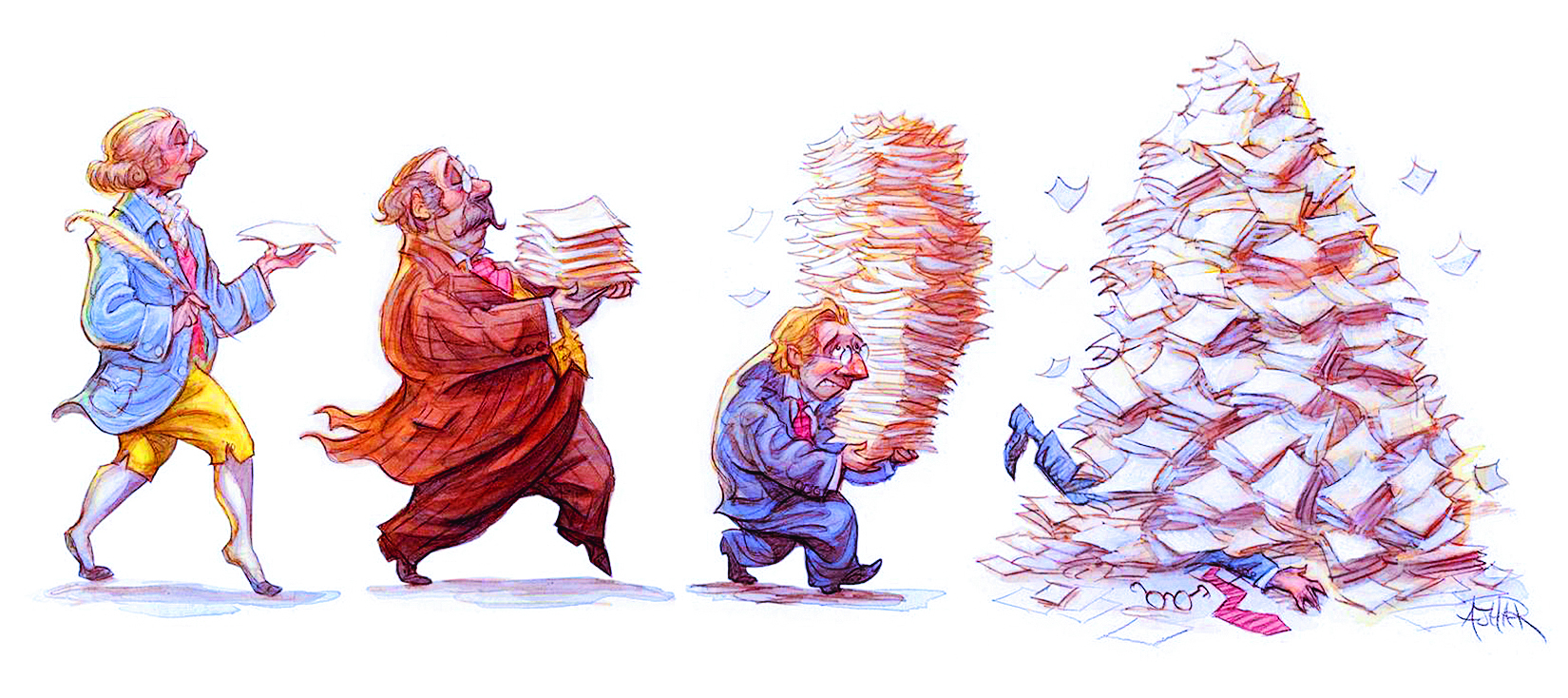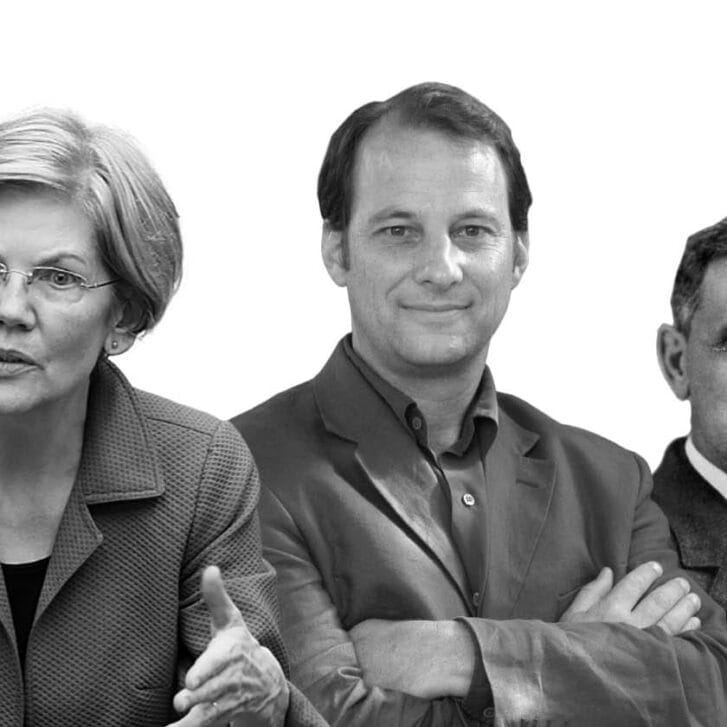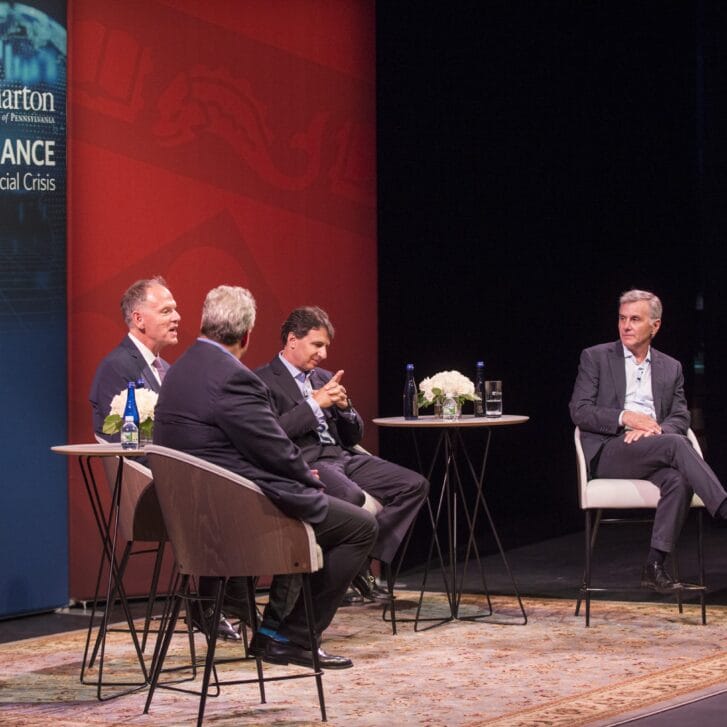Exploring roots of the global financial crisis before a crowd in Wharton’s Dhirubhai Ambani Auditorium late this summer, Deputy Treasury Secretary Neal S. Wolin found no shortage of causes. Powerful firms took on more risks than they could manage, without fully understanding what they were getting into. Government regulators were too passive in exercising their authority. Large loopholes in the nation’s regular laws allowed too much to slip through. Policymakers were hesitant to make changes to an increasingly untenable system. And many Americans—often encouraged by firms not exercising the proper restraint—took on more debt than they could afford, for far too long.
In other words, Wolin said, we all played a part in the financial collapse.
Moving forward, then, we all must take on new role—one of responsibility.
As of late August, the Obama administration had taken the bold and controversial step of signing into law the Dodd-Frank Wall Street Reform and Consumer Protection Act, a piece of legislation that Wolin described as the most “significant and far-reaching” U.S. financial reform since the Great Depression.
Wolin likened Dodd-Frank to the successful financial reforms enacted after the Great Depression, noting that, despite some concerns at the time—many of which sounded remarkably similar to those voiced today—those initial reforms set the stage for the country’s dynamic, unparalleled economic growth over the following decades.
During a spirited audience participation segment— featuring questions on government incentives for private sector growth; measures to prevent conflicts of interest; and the troubled finances of state and local governments—Wolin repeatedly pointed not only to the bill’s actions, but also to its restraint. Legislators, he said, have no “crystal ball,” and the Dodd-Frank Act is not “a magic elixir.” Nor is it intended to be the sole solution to the factors behind the recent crisis.
Rather, the Act is designed to create a legislative framework that can also be easily changed to suit the lightning-speed financial services world. The Act not only gives the government tools to regulate the market as it is today, but also the ability to adjust its approach over time, as markets innovate and risk evolves. In this way, Wolin said, the government will have a better ability to deal with stress in the financial system than it has had in recent years.
Will the Dodd-Frank Act, in fact, set the stage for a “stronger, safer financial system?” Only time will tell.
But as Wolin concluded and the Ambani Auditorium broke into applause, one hope remained clear: the U.S. and world economy will emerge from the recent crisis—but only if we all learn to exercise a bit of restraint.
For a complete video of Wolin’s speech and subsequent question-and-answer session with Wharton students, faculty and staff , please visit the School’s YouTube channel.


























